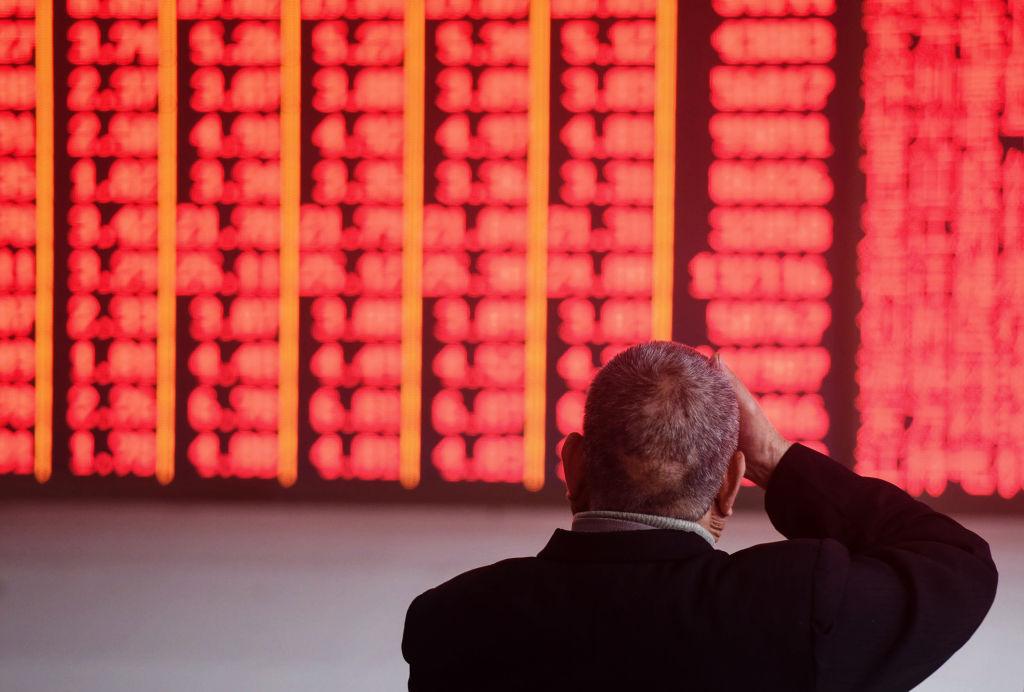News Analysis
One of China’s biggest drugmakers recently said that it overstated its assets by $4.4 billion, calling into question the quality and standard of accounting at Chinese listed companies.

One of China’s biggest drugmakers recently said that it overstated its assets by $4.4 billion, calling into question the quality and standard of accounting at Chinese listed companies.